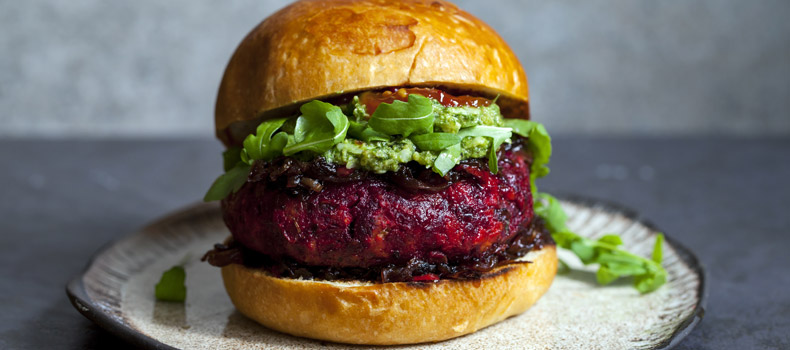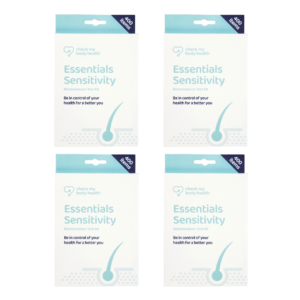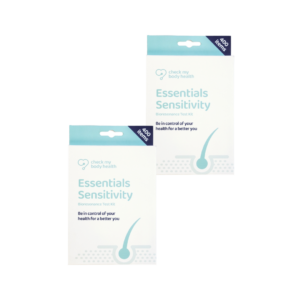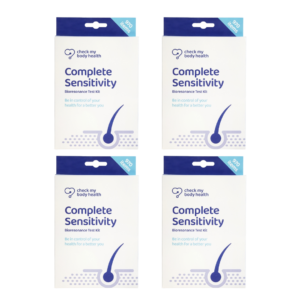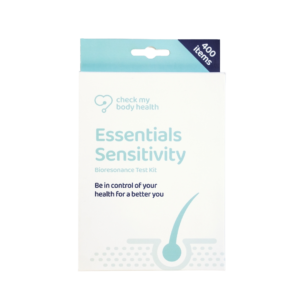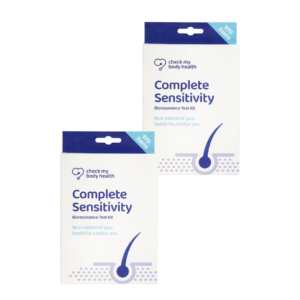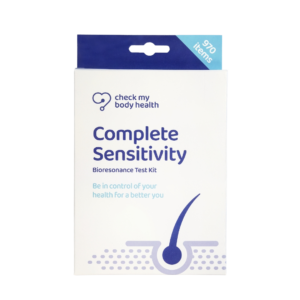It’s a much repeated fact, that to be at our healthiest, we need to eat a balanced diet. This means making sure that we eat plenty of fruit and vegetables (at least five portions a day) and balance our meals with starchy, unprocessed wholegrain carbohydrates and lean protein, with a little unsaturated fat.
In years gone by, it was thought that regularly eating a diet of meat, potatoes and vegetables was a good way of achieving this balance. But now, new research shows that eating meat, especially red or processed meat, can lead to chronic health conditions.
The Problem with Meat
Red meat, such as beef and lamb, and processed meats such as sausages, burgers, bacon and ham, contain protein, vitamins and minerals. But these meats also contain saturated fats and cholesterol. It’s for this reason that official guidelines now recommend that we limit red and processed meats to just 70g a day, no more than three times a week. To put this into context, three thin slices of meat that you might have with a roast dinner, each around the size of half a slice of bread will weigh around 90g.
Eating more than this recommended amount of red and processed meats has been linked with an increased risk of obesity, high cholesterol, high blood pressure, heart disease and type 2 diabetes. Regularly eating red and processed meats is also now considered a health risk in terms of colorectal cancers too, leading the World Health Organisation to classify them as carcinogens.
Health scares aside, consuming meat of all types, including poultry, is detrimental to the planet. Animal agriculture contributes more to climate change than even the transport industry.
By reducing how much meat you eat, you can considerably reduce your carbon footprint as well as protect your own health.
What Can I Eat Instead of Meat?!
Meat provides protein, first and foremost – we need protein for energy and muscle growth and repair. So, if we’re reducing our meat intake, we need to consider where we’re getting our protein from.
Low fat dairy products and eggs provide protein without also containing as much saturated fat. Plant based foods also provide more protein than many people think, with peas, beans, chickpeas, lentils, nuts and seeds all being rich in protein. As are many meat substitutes such as vegetarian or vegan mince, sausages and burgers. These are all considerably lower in fat and are free from cholesterol.
You don’t have to completely give up meat and become a whizz in the kitchen with a tin of chickpeas. You can reduce your intake of meat by having a few days a week where you don’t eat meat. Meat Free Mondays are now a big hit with families looking to follow a healthier diet, and as plant based diets become more popular, supermarket shelves are filled with meat free alternatives and inspiration.
Make vegetables and plant based protein the hero ingredients of more of your meals and you might be surprised how easy you find it to reduce your meat intake. Your health, and that of the planet, will thank you for it!




















